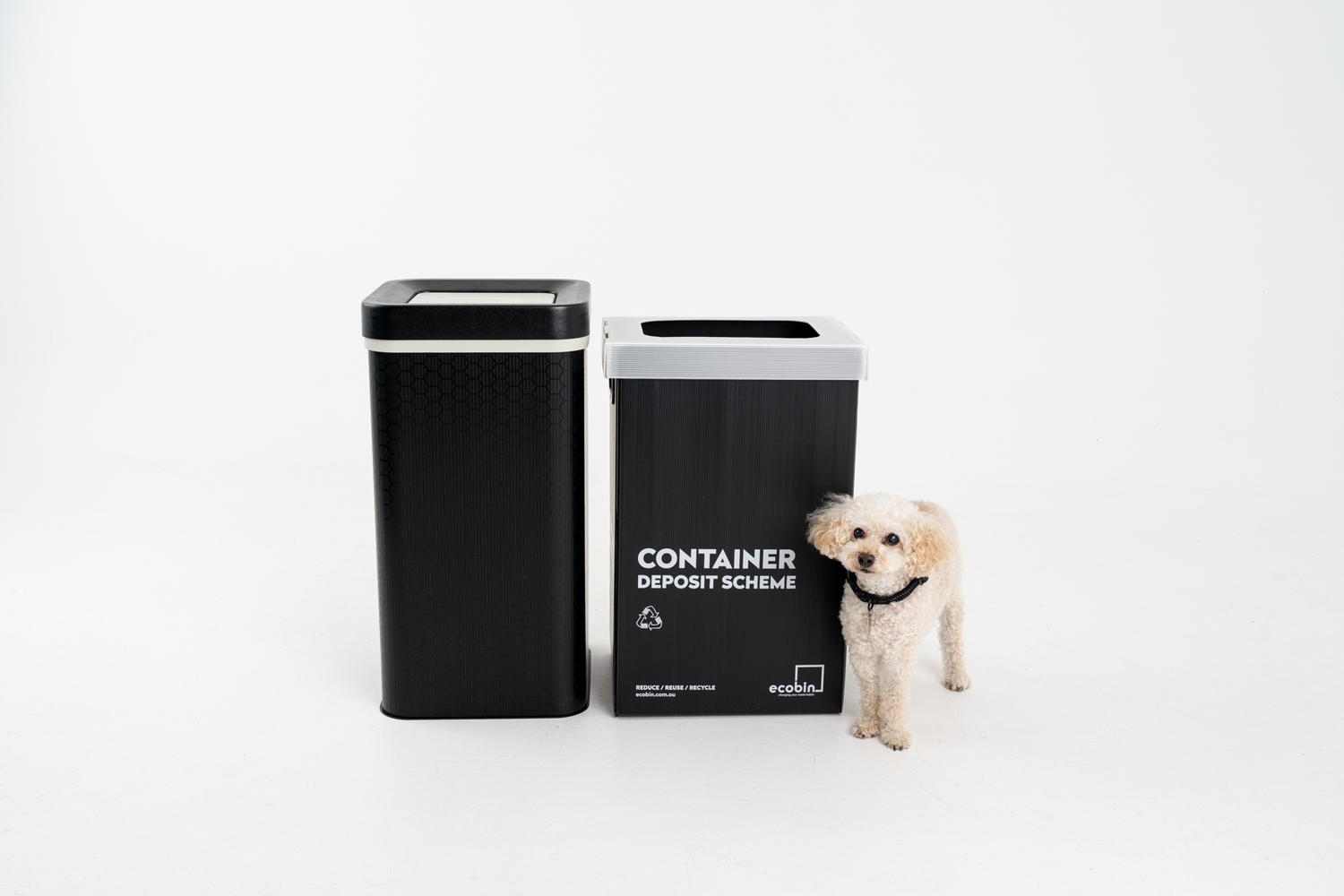
What is green behaviour?
We’ve heard a lot about implementing green practices in our lives to protect the environment and for the future health of our planet. However, there are still many people who are unaware of these practices and who really want to know more about green behaviour, so we’re here to help!
Green oriented behaviour is a kind of behaviour where the environment can be protected from different types of pollution that is air/land/water/noise plus the natural resources can be conserved and used in a sensible and responsible manner.
Preventive measures need to be taken to protect the environment from pollution and for the conservation of our natural resources. Making a habit of practising these preventive measures is how well we behave towards nature. This good change in our behaviour is what we call green behaviour, as green is the colour of life, growth and nature. Green is also associated with harmony, freshness and safety. A peaceful life, a spring song, a new hope, a fresh beginning…. all these things have been related to green living. And we all want to live that way, don't we?
Air pollution can be controlled by reducing the smoke emitted by the industries and using good quality fuel in vehicles or minimising the use of fuel emitting vehicles, replacing them with electric-powered vehicles or transport which run on electricity or by batteries. As a consumer, you can start using green products which are manufactured keeping in mind the minimum impact or harm on the environment. You can change your mode of transport and reduce the air pollution that comes from vehicles. You can do that by carpooling as well.
Land pollution, also known as landfills can be reduced by proper waste stream management. The correct disposal of organic and abiotic waste should be assured. You can minimise the use of non-perishable waste materials like single-use plastic. Try to recycle organic waste into compost. Go for reusable things, so that there is a minimum scope of wastage. There are four things that you can implement in your habits to get rid of this type of pollution:
- Refuse the products that are not good for the environment or those which are not manufactured in an eco-friendly manner. If someone gives you a plastic-wrapped product, you can refuse.
- Reduce waste. A simple example is to use a handkerchief instead of tissue papers. Hankies can be reused, but tissues can just add to the waste.
- Reuse things as much as possible. You can go for things which can be reused more, for example, a steel bottle can be re-used more than a plastic bottle.
- Recycle the waste in an appropriate way. Use the right bins for recyclable waste so that it can be turned into new materials or items.
